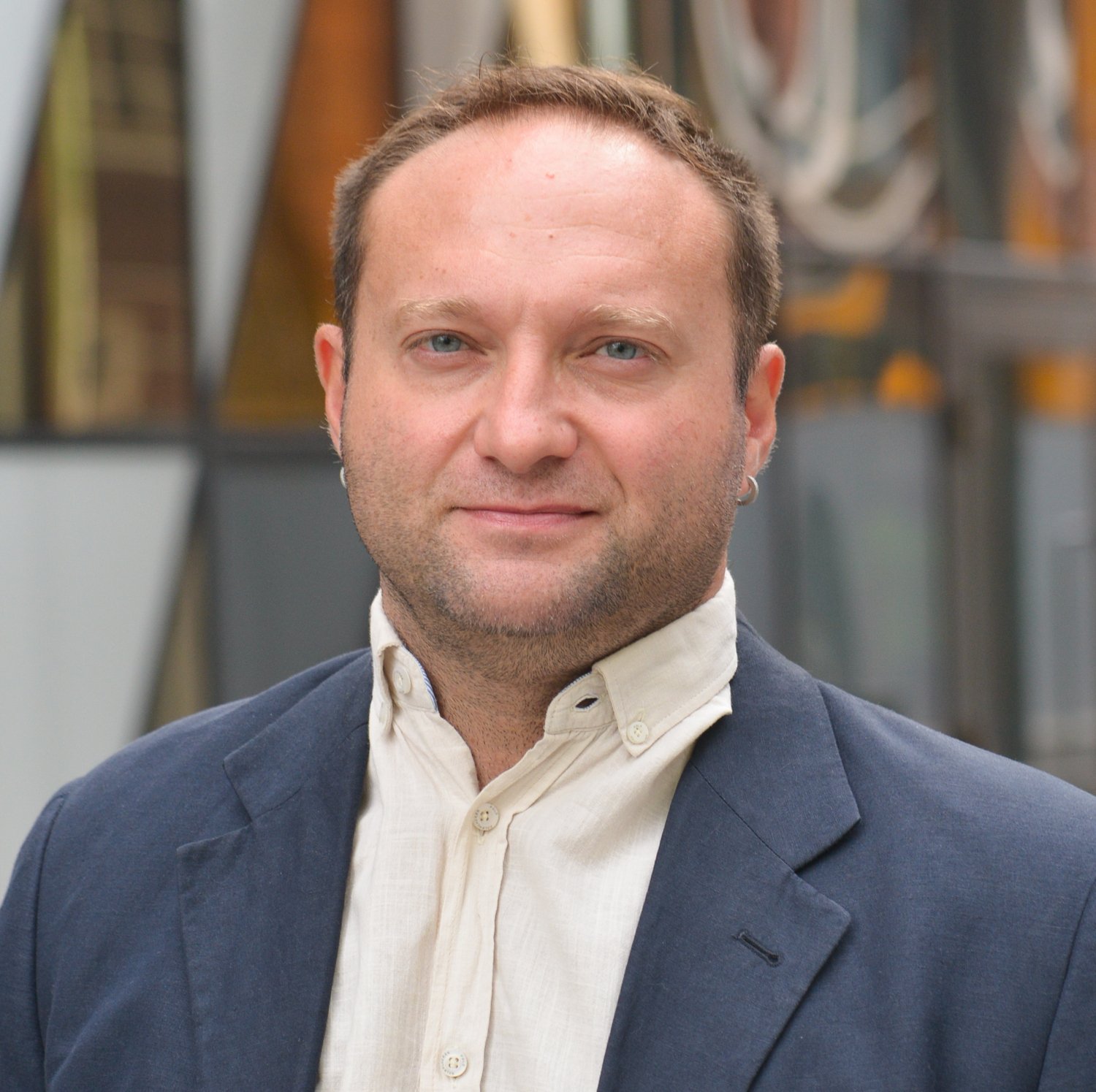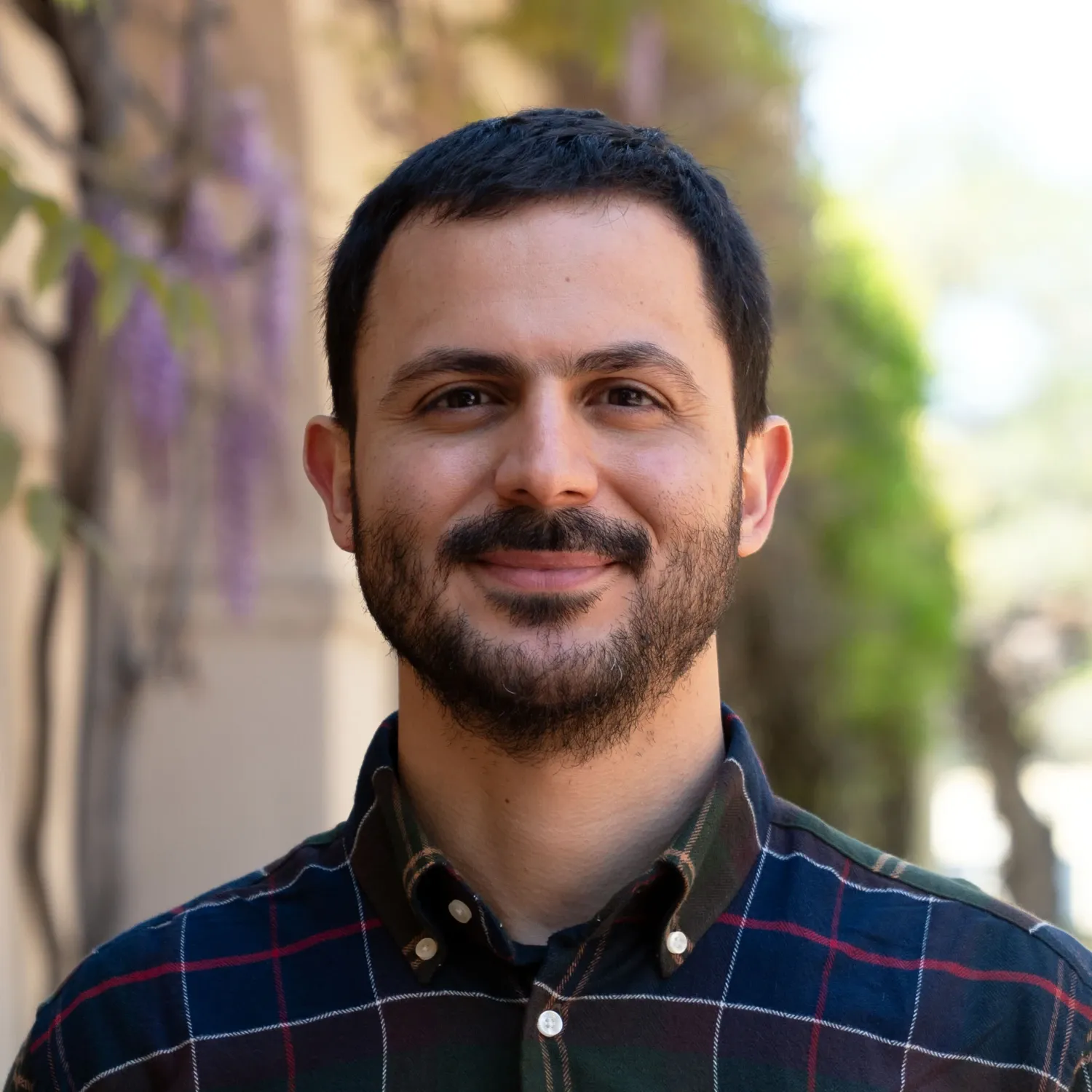KI researchers awarded Torsten Söderberg grants in medicine

The Torsten Söderberg Foundation recognises outstanding achievements in medicine through its annual grants. Two researchers from the Department of Neuroscience at Karolinska Institutet have been awarded grants in medicine to support their innovative research into brain health and infectious diseases.
This year, Federico Iovino, associate professor (docent) at the Department of Neuroscience, received SEK 2 million for his work on antimicrobial resistance, focusing on the bacterium streptococcus pneumoniae, a major cause of bacterial meningitis. His project aims to develop new treatments using bacteriophage-derived endolysins, enzymes that can target antibiotic-resistant bacteria and neutralise toxins that damage the brain.

“Antimicrobial resistance is projected to become the leading cause of death worldwide by 2050. The clock is ticking, and we cannot rely on traditional antibiotics alone,” says Associate Professor Federico Iovino.
“New treatments are essential if we want to prevent a dangerously escalating global health crisis,” he continues.
A key challenge in treating brain infections is that, even when bacteria are cleared, neurons damaged during infection cannot be repaired. Survivors may face lifelong complications, such as motor disabilities and cognitive impairment.
Federico Iovino’s team, including Dr. Niels Vander Elst and technician Lotte Merlijn, aims not only to fight infections but also to protect neurons and preserve neurological function.
Stefanos Stagkourakis, assistant professor at the same department, receives SEK 2 million for his work on understanding the brain-wide neural networks that drive fear generalization – a process central to anxiety disorders and post-traumatic stress disorder (PTSD).
His project investigates how innate and learned fear responses are encoded across distributed neural circuits, and how neuroplasticity-promoting interventions may help to reverse maladaptive fear-related states.

“I am very grateful for the support from the Torsten Söderberg Foundation. Fear generalization is a core feature of anxiety disorders and PTSD, yet we still know little about how these states arise and are sustained in the brain," says Stefanos Stagkourakis.
"This grant enables my research group to study the neural network mechanisms that shape maladaptive fear in depth, and to explore new circuit-level strategies that could one day contribute to improved treatments.”
